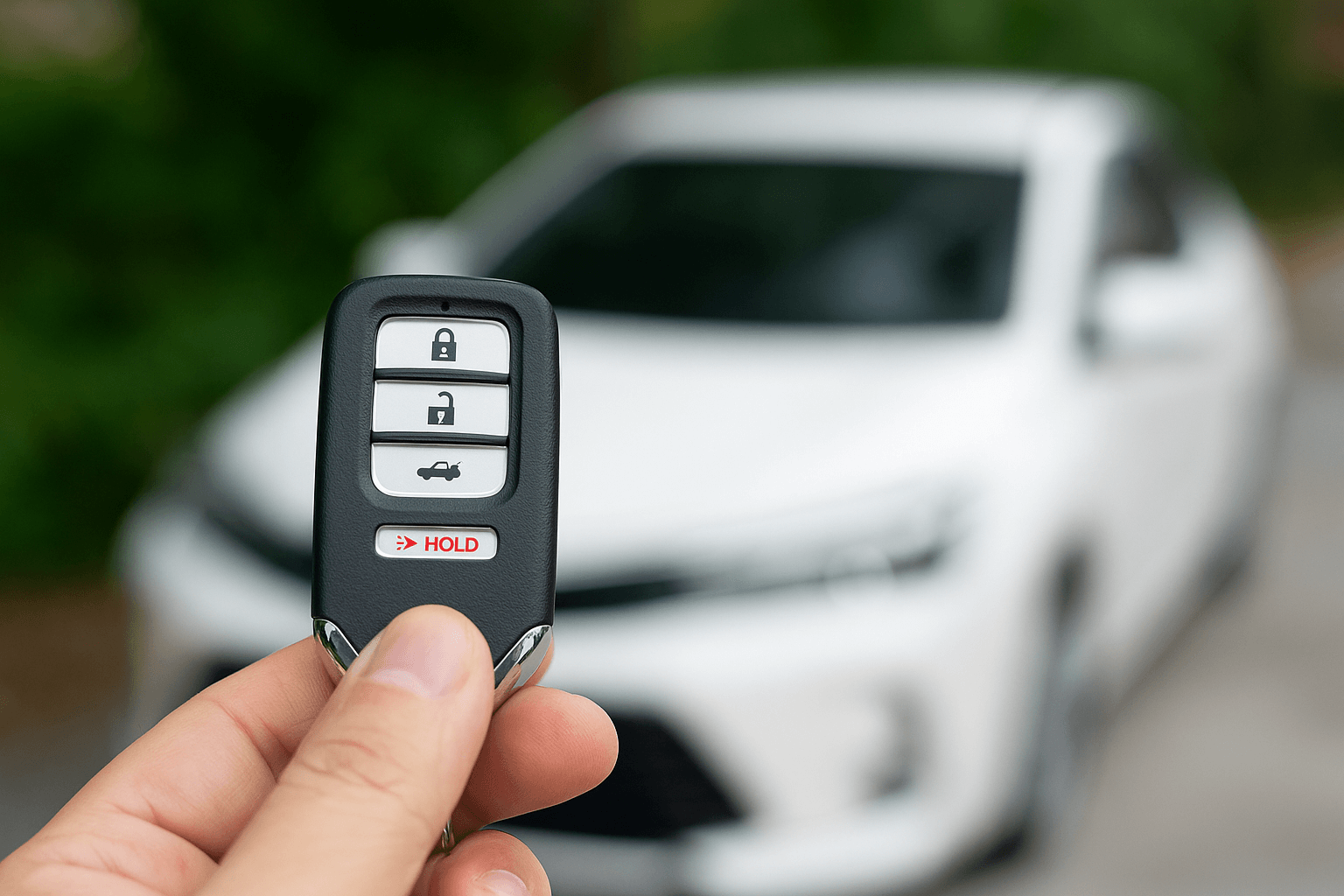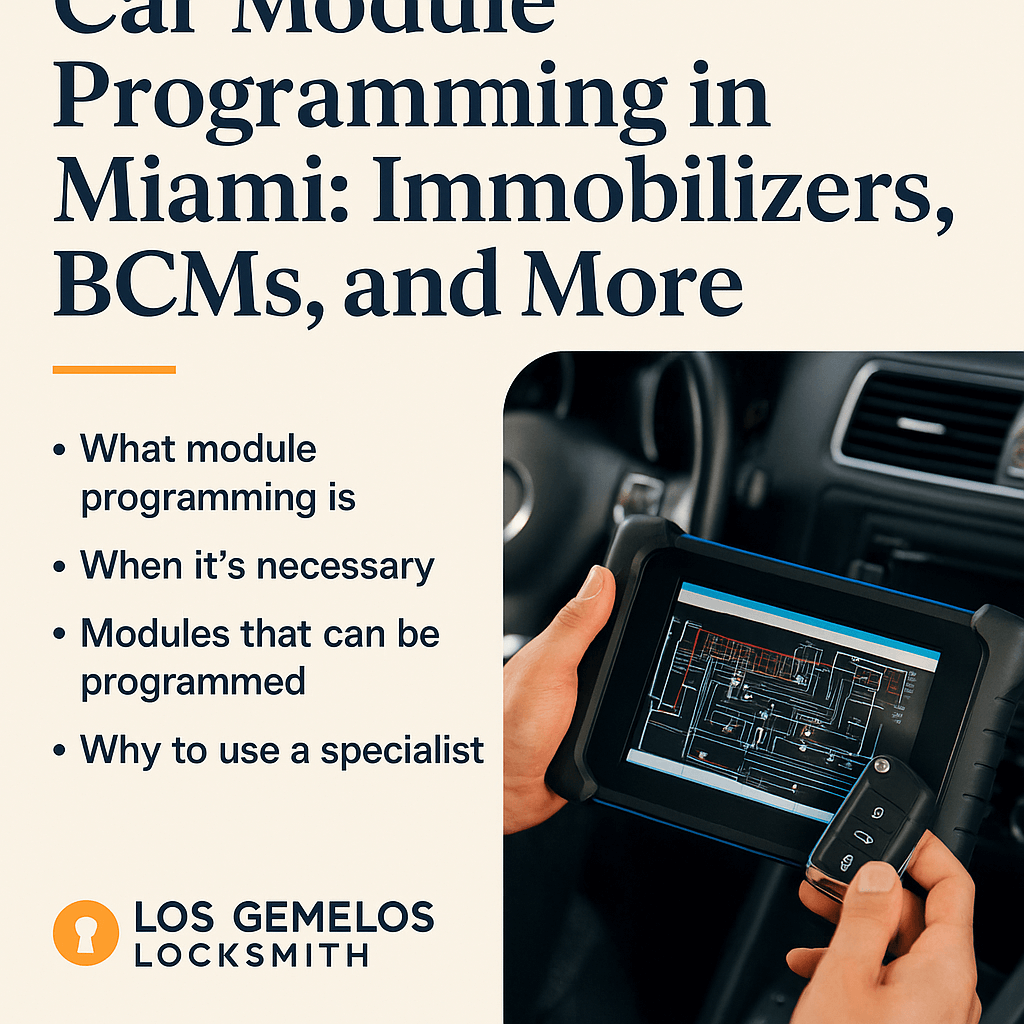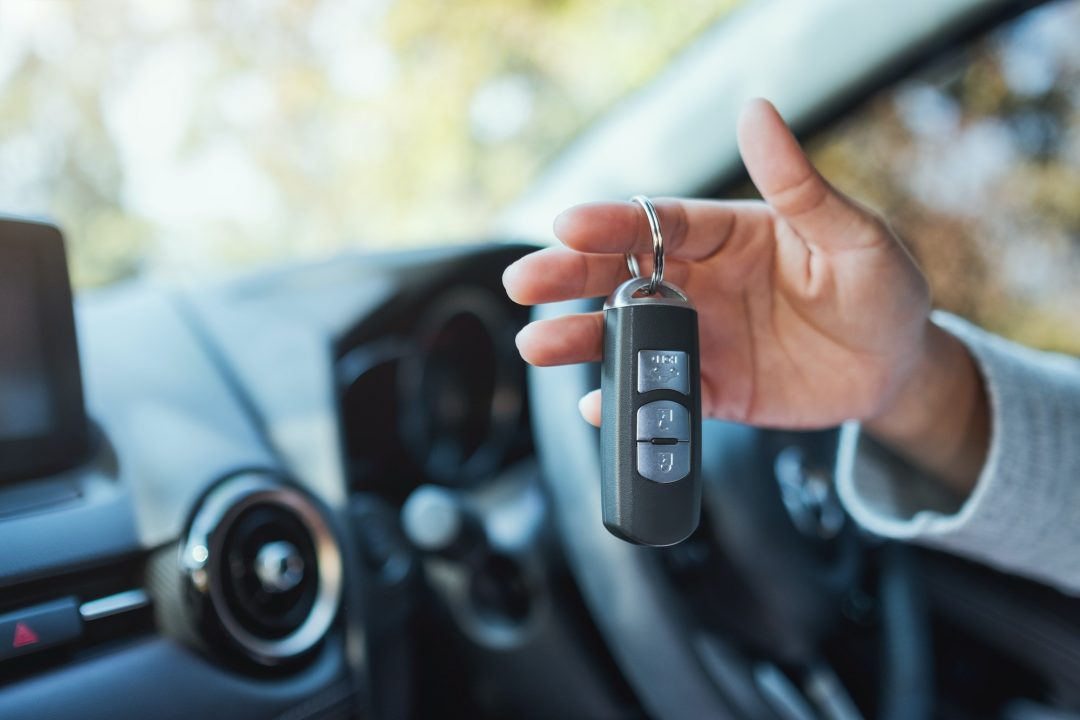[et_pb_section fb_built=”1″ _builder_version=”4.21.0″ _module_preset=”default” global_colors_info=”{}” theme_builder_area=”post_content”][et_pb_row _builder_version=”4.21.0″ _module_preset=”default” global_colors_info=”{}” theme_builder_area=”post_content”][et_pb_column type=”4_4″ _builder_version=”4.21.0″ _module_preset=”default” global_colors_info=”{}” theme_builder_area=”post_content”][et_pb_text _builder_version=”4.25.0″ _module_preset=”default” hover_enabled=”0″ global_colors_info=”{}” theme_builder_area=”post_content” sticky_enabled=”0″]
Understanding the Interplay Between Car Computers and Electrical Systems
[/et_pb_text][/et_pb_column][/et_pb_row][et_pb_row column_structure=”2_5,3_5″ _builder_version=”4.21.0″ _module_preset=”default” global_colors_info=”{}” theme_builder_area=”post_content”][et_pb_column type=”2_5″ _builder_version=”4.21.0″ _module_preset=”default” global_colors_info=”{}” theme_builder_area=”post_content”][et_pb_image src=”data:image/svg+xml;base64,PHN2ZyB3aWR0aD0iMTA4MCIgaGVpZ2h0PSI1NDAiIHZpZXdCb3g9IjAgMCAxMDgwIDU0MCIgeG1sbnM9Imh0dHA6Ly93d3cudzMub3JnLzIwMDAvc3ZnIj4KICAgIDxnIGZpbGw9Im5vbmUiIGZpbGwtcnVsZT0iZXZlbm9kZCI+CiAgICAgICAgPHBhdGggZmlsbD0iI0VCRUJFQiIgZD0iTTAgMGgxMDgwdjU0MEgweiIvPgogICAgICAgIDxwYXRoIGQ9Ik00NDUuNjQ5IDU0MGgtOTguOTk1TDE0NC42NDkgMzM3Ljk5NSAwIDQ4Mi42NDR2LTk4Ljk5NWwxMTYuMzY1LTExNi4zNjVjMTUuNjItMTUuNjIgNDAuOTQ3LTE1LjYyIDU2LjU2OCAwTDQ0NS42NSA1NDB6IiBmaWxsLW9wYWNpdHk9Ii4xIiBmaWxsPSIjMDAwIiBmaWxsLXJ1bGU9Im5vbnplcm8iLz4KICAgICAgICA8Y2lyY2xlIGZpbGwtb3BhY2l0eT0iLjA1IiBmaWxsPSIjMDAwIiBjeD0iMzMxIiBjeT0iMTQ4IiByPSI3MCIvPgogICAgICAgIDxwYXRoIGQ9Ik0xMDgwIDM3OXYxMTMuMTM3TDcyOC4xNjIgMTQwLjMgMzI4LjQ2MiA1NDBIMjE1LjMyNEw2OTkuODc4IDU1LjQ0NmMxNS42Mi0xNS42MiA0MC45NDgtMTUuNjIgNTYuNTY4IDBMMTA4MCAzNzl6IiBmaWxsLW9wYWNpdHk9Ii4yIiBmaWxsPSIjMDAwIiBmaWxsLXJ1bGU9Im5vbnplcm8iLz4KICAgIDwvZz4KPC9zdmc+Cg==” _builder_version=”4.21.0″ _module_preset=”default” global_colors_info=”{}” theme_builder_area=”post_content”][/et_pb_image][/et_pb_column][et_pb_column type=”3_5″ _builder_version=”4.21.0″ _module_preset=”default” global_colors_info=”{}” theme_builder_area=”post_content”][et_pb_text _builder_version=”4.25.0″ _module_preset=”default” custom_padding=”0px||0px|||” hover_enabled=”0″ global_colors_info=”{}” theme_builder_area=”post_content” sticky_enabled=”0″]
The interplay between car computers and electrical systems is fundamental to the operation and efficiency of modern vehicles. As cars become more like “computers on wheels,” understanding how these components work together is essential for anyone involved in automotive maintenance, repair, or engineering. This article delves into the complexities of this relationship, highlighting how car computers and electrical systems coordinate to optimize vehicle performance and safety.
[/et_pb_text][/et_pb_column][/et_pb_row][et_pb_row _builder_version=”4.21.0″ _module_preset=”default” global_colors_info=”{}” theme_builder_area=”post_content”][et_pb_column type=”4_4″ _builder_version=”4.21.0″ _module_preset=”default” global_colors_info=”{}” theme_builder_area=”post_content”][et_pb_text module_class=”outline_border_white redbox_cta” _builder_version=”4.20.2″ text_font=”Fira Sans|||on|||||” text_text_color=”#FFFFFF” text_font_size=”22px” background_color=”gcid-608057bc-50cc-4b1a-b022-07c31a7462f8″ text_orientation=”center” custom_margin=”5px||||false|false” custom_padding=”50px|50px|50px|50px|true|true” custom_padding_tablet=”” custom_padding_phone=”50px|25px|50px|25px|true|true” custom_padding_last_edited=”on|phone” text_font_size_tablet=”” text_font_size_phone=”18px” text_font_size_last_edited=”on|phone” text_orientation_tablet=”” text_orientation_phone=”center” text_orientation_last_edited=”on|phone” global_colors_info=”{%22gcid-608057bc-50cc-4b1a-b022-07c31a7462f8%22:%91%22background_color%22%93}” theme_builder_area=”post_content”]
Call (305)860-1440 For 24/7 Service
[/et_pb_text][/et_pb_column][/et_pb_row][et_pb_row _builder_version=”4.21.0″ _module_preset=”default” global_colors_info=”{}” theme_builder_area=”post_content”][et_pb_column type=”4_4″ _builder_version=”4.21.0″ _module_preset=”default” global_colors_info=”{}” theme_builder_area=”post_content”][et_pb_text _builder_version=”4.25.0″ _module_preset=”default” hover_enabled=”0″ global_colors_info=”{}” theme_builder_area=”post_content” sticky_enabled=”0″]
The Role of Car Computers in Modern Vehicles
Car computers, or Electronic Control Units (ECUs), are the brains behind vehicle operations, controlling everything from engine timing and fuel efficiency to climate control and infotainment systems. There are often multiple ECUs within a single vehicle, each responsible for different functions:
- Engine Control Module (ECM): Manages engine functions to optimize performance and emissions.
- Transmission Control Unit (TCU): Oversees transmission operations, adjusting gear shifts for optimal performance and fuel economy.
- Body Control Module (BCM): Controls various body functions like lighting, power windows, and security features.
Electrical Systems: The Lifeline of Car Computers
Electrical systems in vehicles provide the necessary power for car computers to function and enable communication between different systems:
- Battery and Alternator: Supply and maintain power to the car’s computers and other electrical components.
- Wiring Harnesses: Facilitate the flow of electrical signals and power between components, ensuring that ECUs can communicate and execute commands effectively.
Common Issues in the Interplay
- Voltage Fluctuations: Poor battery health or alternator issues can lead to unstable voltage that may affect computer operations, leading to erratic behavior or system failures.
- Signal Interference: Electrical noise or interference from faulty components or external sources can disrupt the communication between ECUs, affecting vehicle performance.
- Wiring Problems: Damaged or corroded wires can impede the flow of electricity and data, leading to malfunctions in various systems.
Diagnosing and Addressing Issues
- Diagnostic Scanning:
- Use advanced diagnostic tools to read trouble codes from ECUs, helping identify issues related to electrical systems or computer failures.
- Electrical Testing:
- Perform comprehensive tests on the battery, alternator, and wiring to ensure they meet operational specifications.
- Component Checks:
- Inspect all related components such as fuses, relays, and connectors for damage or wear that could impact system performance.
Preventive Measures
- Regular Maintenance: Schedule regular checks of both the electrical system and car computers to catch and resolve issues before they lead to bigger problems.
- Quality Components: Use high-quality or OEM parts for replacements to ensure compatibility and reliability.
- Professional Calibration: After any repair involving electrical systems or ECUs, ensure systems are calibrated correctly to avoid further issues.
FAQ
Q: How do car computers affect fuel efficiency? A: ECUs adjust engine parameters in real-time to ensure optimal fuel combustion, which can significantly enhance fuel efficiency.
Q: Can electrical system issues cause a vehicle to stall? A: Yes, if car computers do not receive stable power and accurate data due to electrical issues, it can lead to stalling or other critical performance problems.
Q: What is the first step in troubleshooting electrical or computer-related issues in a car? A: A thorough diagnostic scan is often the best first step as it can quickly identify error codes that point to the underlying issues.
Q: Are there any signs that suggest issues with the interplay between car computers and electrical systems? A: Warning lights on the dashboard, unexpected behavior in electronic features, or reduced vehicle performance are common signs.
Conclusion
The intricate relationship between car computers and electrical systems is crucial for the smooth operation of modern vehicles. By maintaining a strong understanding of how these systems interact and taking proactive steps to ensure their health, vehicle owners and technicians can keep cars running efficiently and safely.
[/et_pb_text][/et_pb_column][/et_pb_row][et_pb_row _builder_version=”4.21.0″ _module_preset=”default” global_colors_info=”{}” theme_builder_area=”post_content”][et_pb_column type=”4_4″ _builder_version=”4.21.0″ _module_preset=”default” global_colors_info=”{}” theme_builder_area=”post_content”][et_pb_text _builder_version=”4.21.0″ _module_preset=”default” custom_padding=”|||8px||” global_colors_info=”{}” theme_builder_area=”post_content”][/et_pb_text][/et_pb_column][/et_pb_row][et_pb_row _builder_version=”4.21.0″ _module_preset=”default” global_colors_info=”{}” theme_builder_area=”post_content”][et_pb_column type=”4_4″ _builder_version=”4.21.0″ _module_preset=”default” global_colors_info=”{}” theme_builder_area=”post_content”][et_pb_text _builder_version=”4.21.0″ _module_preset=”default” global_colors_info=”{}” theme_builder_area=”post_content”][/et_pb_text][/et_pb_column][/et_pb_row][/et_pb_section]







